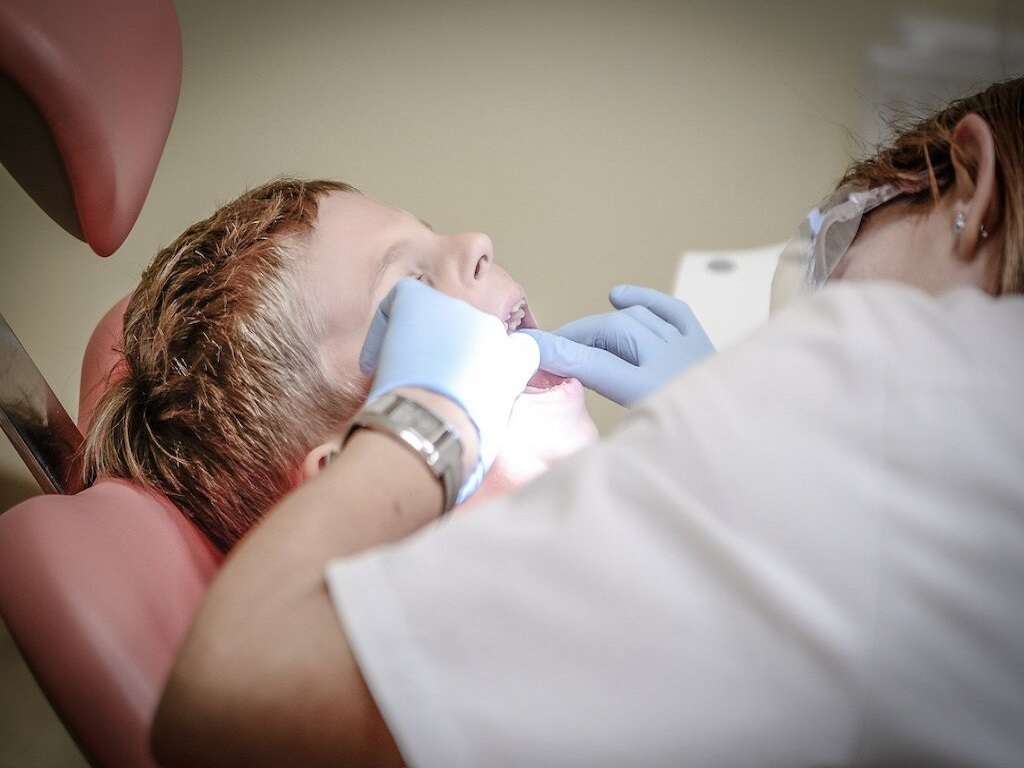10 Causes of a Sore Throat
Sore throat is a term that refers to pain, irritation, or discomfort in the throat. It is a common experience where about 7.5 percent of individuals experience it in a three-month period. Sore throats can be managed symptomatically where pain medications such as paracetamol (acetaminophen) or nonsteroidal anti-inflammatory drugs (NSAIDs) such as ibuprofen or naproxen sodium are used.
Studies have observed that corticosteroids may increase the chances of resolution while helping to reduce the pain level. It has also been found that antibiotics help to shorten the duration of symptoms by an average of approximately one day.
Other recommendations include gargling with warm salted water and rest. Left untreated, symptoms of a sore throat typically last about two to seven days. In the United States, it has been estimated that throat-related issues account for about 2.4 million emergency department visits and more than 13 million visits to the doctor’s offices annually.
Cause #1: Viral Infections
Viral infections can result in as many as 90 percent of cases of sore throat. Viral infections can result in influenza, measles, mumps, mononucleosis, and chickenpox which can cause a sore throat.
Viral infections should be managed symptomatically as antibiotics are only used for bacterial infections. Management includes salt water gargles, use of pain medication, rest, and ensuring adequate hydration and nutrition.
Cause #2: Streptococcal Pharyngitis
Bacterial infections such as those by group A streptococcus can also cause sore throats. Sore throat caused by the group A streptococcus is also known as strep throat or streptococcal pharyngitis. It is thought to be attributed to as many as 40 percent of sore throat cases among children.
Some of the common symptoms of streptococcal pharyngitis include sore throat, fever, enlarged lymph nodes, red tonsils, headaches, nausea, and vomiting. Strep throat occurs when one is in contact with respiratory droplets from an infected individual.

Cause #3: Gastroesophageal Reflux Disease
Gastroesophageal reflux disease or GERD is a condition where the acid in the stomach backflows into the esophagus due to the weakening of the lower esophageal sphincter. This condition affects as many as 60 million Americans. Besides the burning sensation that is often described, the backflow of acid can also damage the esophagus.
When the acid reaches the throat, it can damage or irritate the tissues in the throat causing a sore throat. The treatment of sore throat among those with GERD should involve the treatment of GERD using medications that help to reduce or neutralize the acid.
Cause #4: Trauma
Sore throat caused by trauma occurs when there is any direct injury to the area of the neck or throat. Evaluation of sore throat caused by trauma may involve radiologic imaging such as an x-ray or computed tomography scan to investigate and rule out other causes of the sore throat such as a tumor, abscess, and more.
In some cases, an otolaryngologist may be consulted. Those involved in contact sports or activities where there is a risk of injury to the throat area should take appropriate safety measures and use protective equipment to avoid injury to the neck.

Cause #5: Tumors
Tumors that develop in the larynx, tonsils, or pharynx may also be referred to as throat cancer. Throat caner can affect the tonsils and voice box. Some of the symptoms of throat cancer include ear pain, cough, voice changes, difficulty swallowing, weight loss, and a sore throat.
Some of the examples of throat cancer include glottic cancer, nasopharyngeal cancer, oropharyngeal cancer, supraglottic cancer, and more. Risk factors of throat cancer are the use of tobacco, excessive alcohol use, human papillomavirus infection, GERD, and more.
Cause #6: Tonsillitis
Tonsils refer to the two lymph nodes that are on each side of the throat. They function to help protect the body from infection. An infection of the tonsils is known as tonsillitis. It is a common childhood infection that can occur at any age.
Tonsillitis can lead to symptoms such as swollen tonsils, fever, earaches, bad breath, headaches, and a sore throat. It can be caused by various viruses and bacteria. Patients with tonsillitis who experience a high fever over 39.5⁰C (103⁰F), neck stiffness, and muscle weakness should seek medical attention.

Cause #7: Laryngitis
Laryngitis refers to inflammation of the voice box due to infection, overuse, or irritation. The voice cords become irritated or inflamed. The swelling in the vocal cords causes voice changes such as hoarseness. Most cases of laryngitis are due to a temporary viral infection or vocal strain.
Symptoms of laryngitis include hoarseness, dry throat, dry cough, sore throat, and more. Individuals who experience laryngitis should keep hydrated and rest their voice. It is important to seek medical attention if patients experience trouble breathing, have trouble swallowing, coughing up blood, or have a high pitch breathing sound when inhaling (stridor).
Cause #8: Allergies
There are some allergies that can result in a sore throat. Allergies can cause a postnasal drip which becomes the main culprit in many cases of sore throat caused by allergies. Postnasal drip occurs when the congestion in the sinuses drips down the throat causing a sore throat.
It can also lead to irritation of the throat, coughing, excessive swallowing, and more. Common allergens that can cause a sore throat are pollen, dust mites, cigarette smoke, mold, mildew, pet dander, and more. Some of the associated symptoms of allergy include sneezing, congestion, coughing, itchy eyes, and headaches.

Cause #9: Irritants
Irritants refer to outside elements such as smoke (from cigarettes or campfires), air pollution, fumes from chemical products, chlorine, drinking, and more. It is important to note that irritants are different from allergies as allergies cause an immune response while irritants cause irritation of the tissue.
This is mostly seen among individuals who are exposed to pollution, especially in urban areas. It is best to try to avoid irritants as it can cause a chronic sore throat.
Cause #10: Dry Air
Sore throat can occur due to different temperature and humidity as these factors affect the mucous membranes lining the throat. Dry air can result in discomfort of the throat and it tends to be worse in the morning upon waking up.
This is most commonly seen in winter months where the dry cold air pulls the moisture from the airways causing them to dry out resulting in a sore throat. Individuals who experience sore throat due to dry air may experience some relief if they use a humidifier in the room they sleep in.











